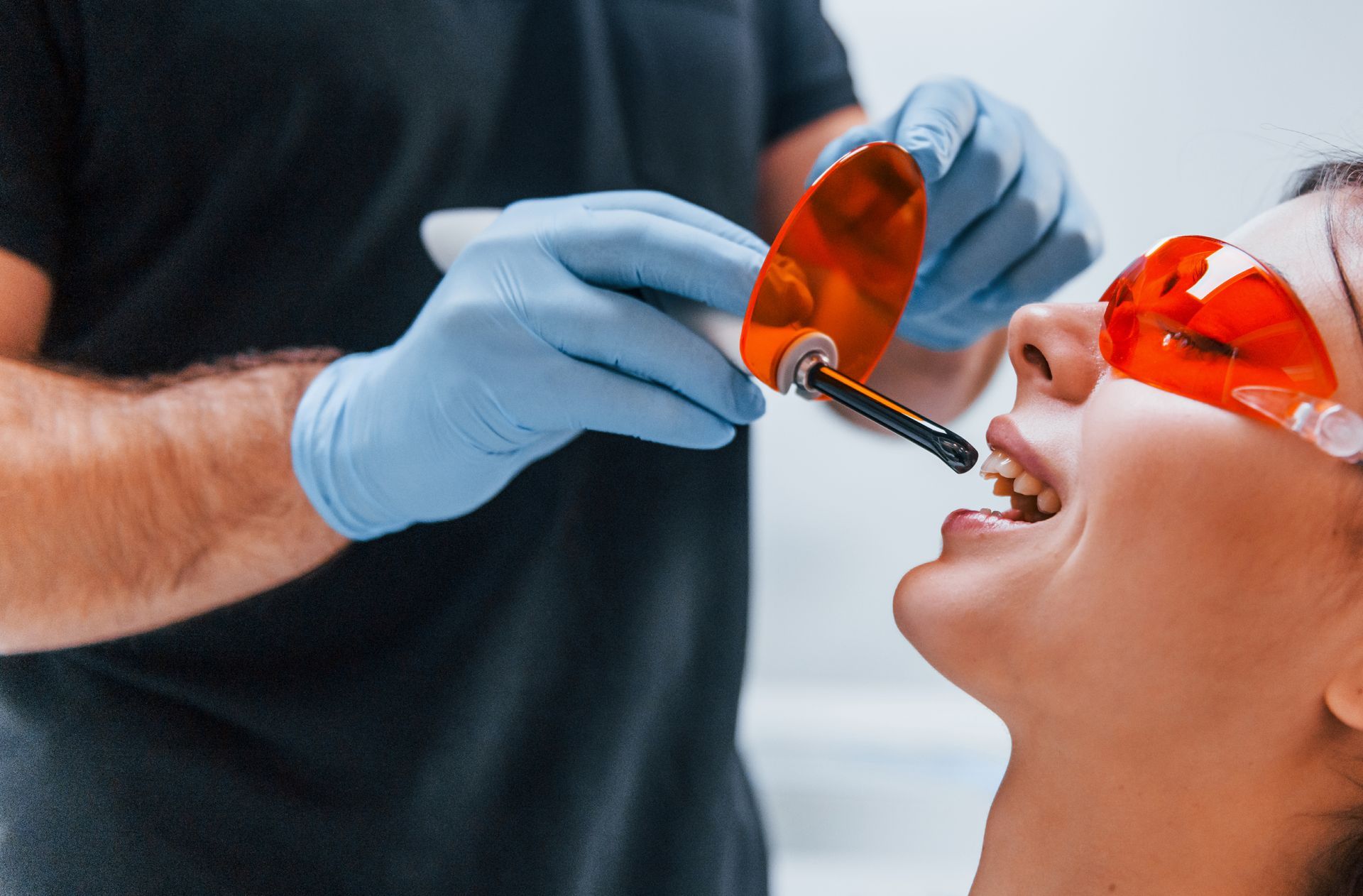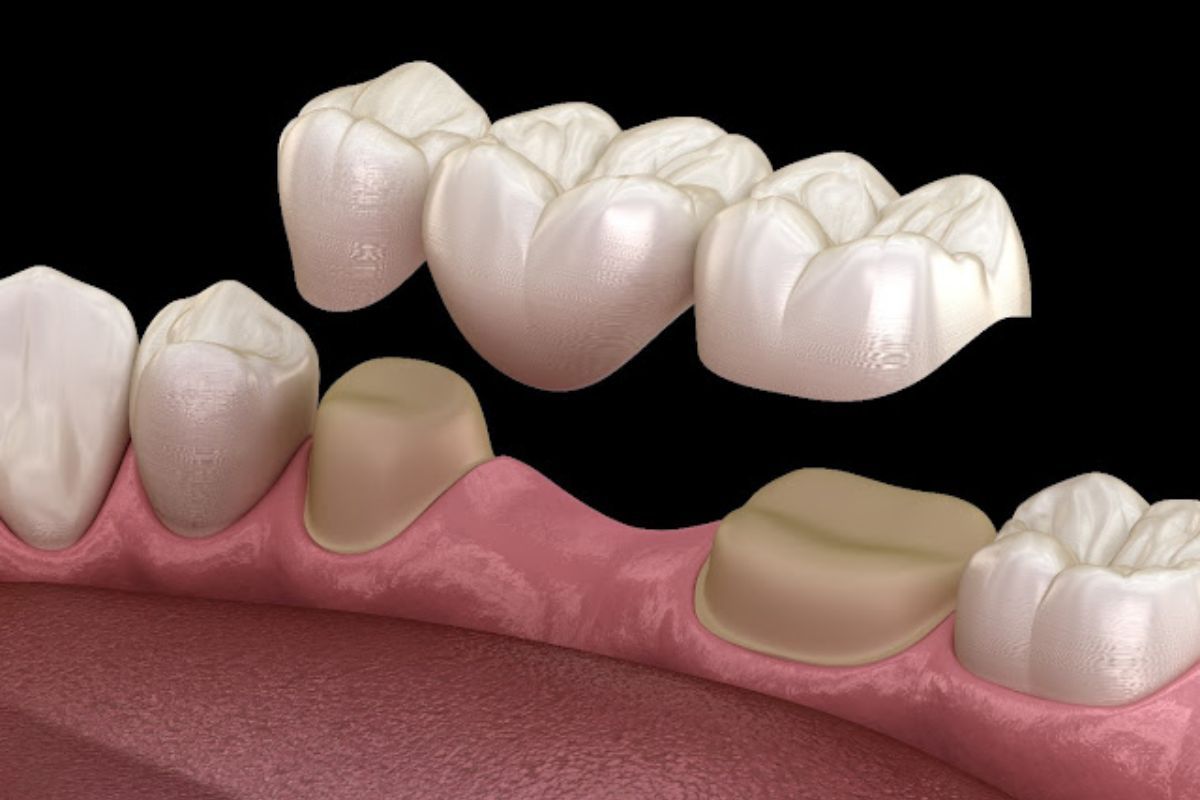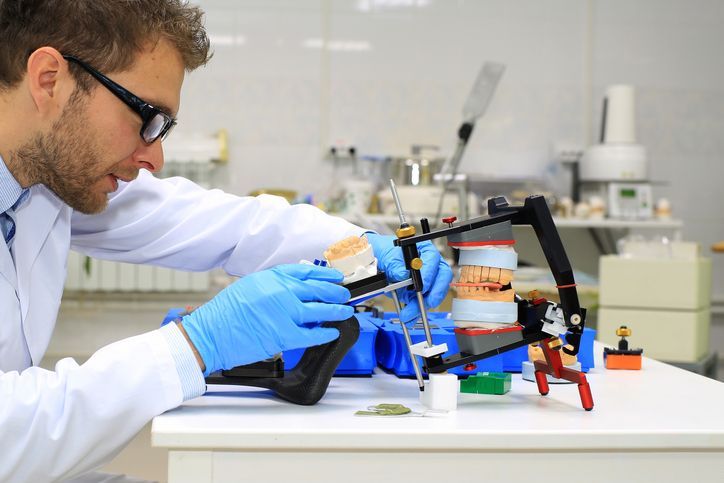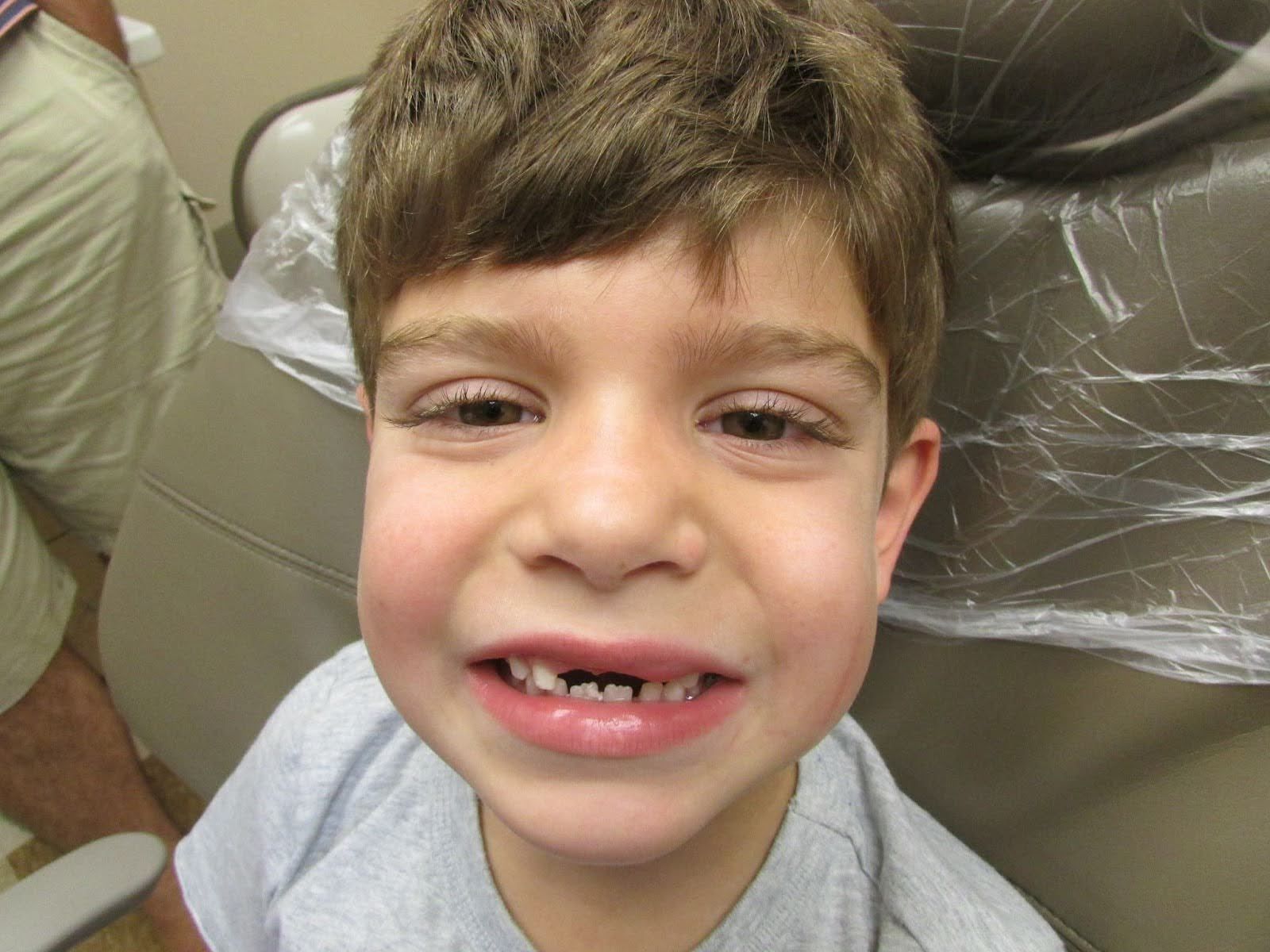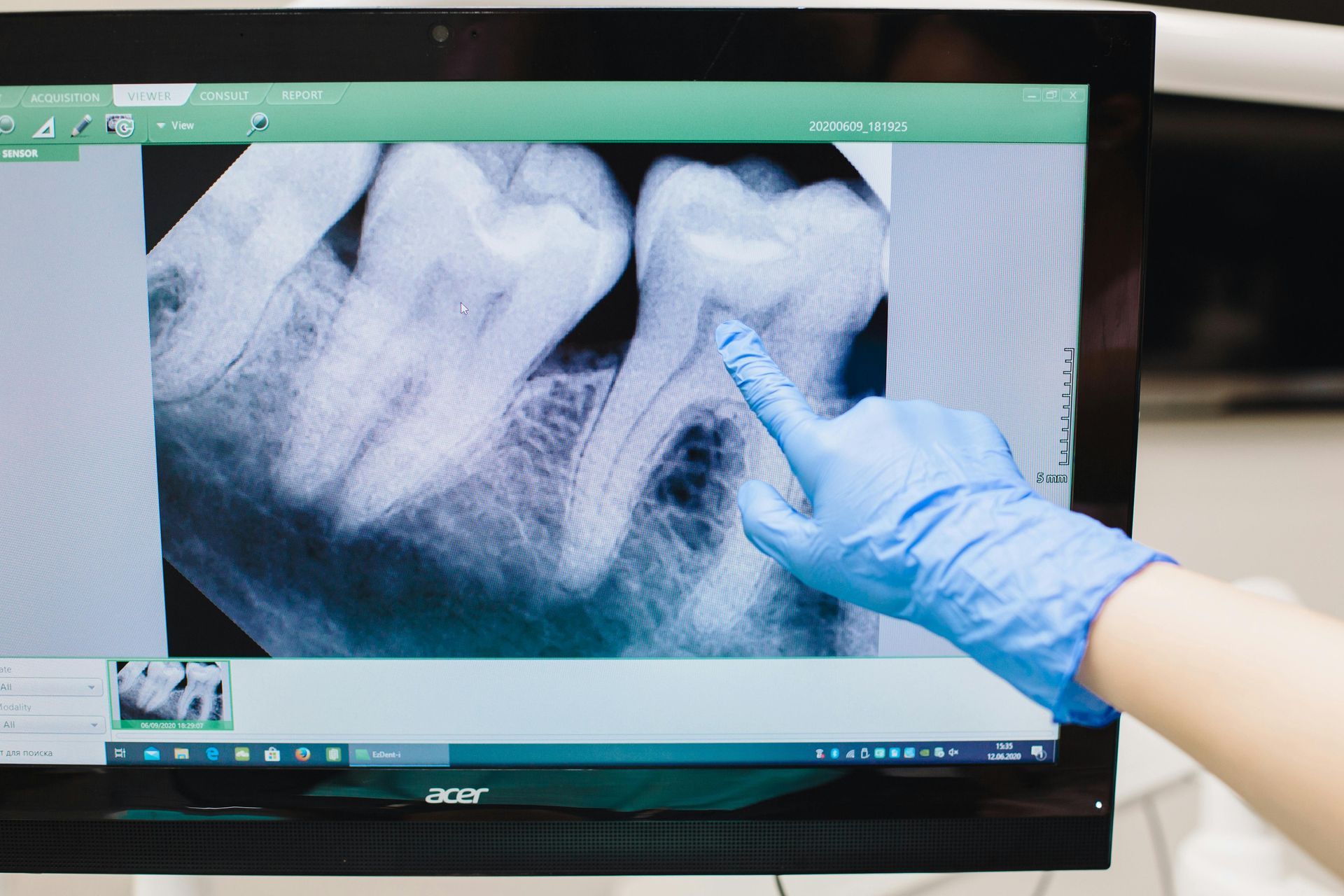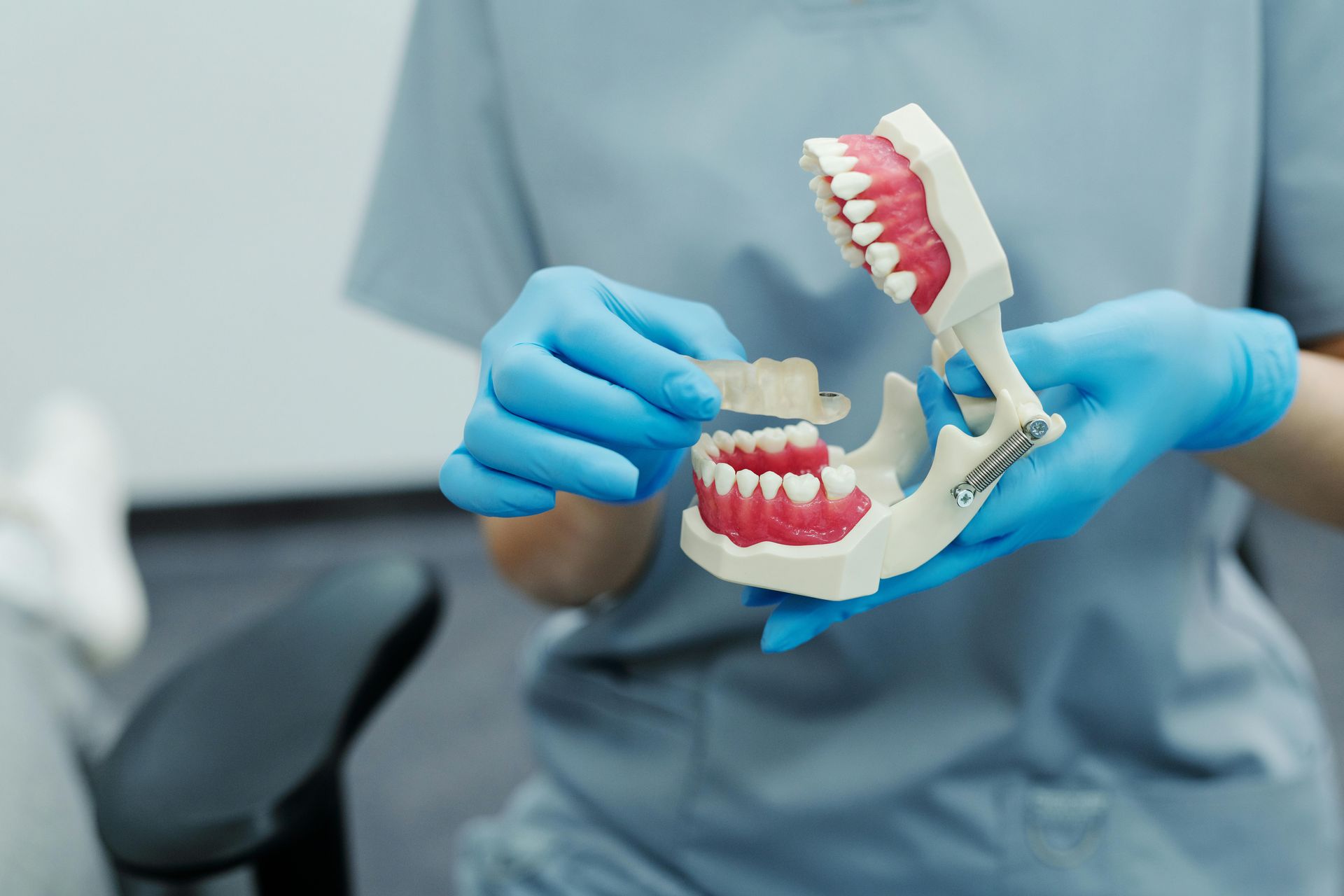How Keeping Your Mouth Healthy Can Help Your Baby Grow Stronger
Best Family Dentistry in Charlotte, NC
Pregnancy is a remarkable journey that transforms your body in countless ways. From morning sickness and backaches to thicker hair (or hair loss) and swollen feet—every system in your body adjusts to support your growing baby. But while most expectant mothers are familiar with changes in hormones, cravings, and even sleep patterns, one area that often gets overlooked is oral health.
What many don’t realize is that your mouth is deeply connected to your overall health—and that includes the health of your developing baby. In fact, untreated gum disease during pregnancy has been linked to a greater risk of premature birth and low birth weight. The good news? With proper dental care, these risks can be significantly reduced.
Let’s explore why maintaining your oral health during pregnancy is essential and what you can do to keep both you and your baby healthy.
How Pregnancy Affects Your Oral Health
Your mouth is not immune to the hormonal and physical changes of pregnancy. Elevated levels of estrogen and progesterone can make your gums more sensitive to the bacteria in plaque. This makes you more susceptible to a condition known as pregnancy gingivitis, which affects up to 60–75% of pregnant women.
Common oral health conditions during pregnancy include:
Pregnancy Gingivitis -
Characterized by red, swollen, and bleeding gums, pregnancy gingivitis typically develops between the second and eighth months. If left untreated, it can progress into periodontal disease—a more severe form of gum infection that affects the bone and tissues supporting your teeth.
Periodontal Disease and Pregnancy Risks -
Chronic inflammation from periodontal disease can trigger an immune response in the body that may lead to premature labor or low birth weight. Research suggests that the bacteria involved in gum disease can travel through the bloodstream to the uterus, potentially leading to complications.
Pregnancy Tumors (Pyogenic Granulomas) -
Some pregnant women develop overgrowths of gum tissue called pregnancy tumors. Don’t let the name scare you—they're benign and often resolve after childbirth. However, they can be painful, bleed easily, and may need to be removed if they interfere with eating or oral hygiene.
The Link Between Gum Disease and Low Birth Weight
While this connection might surprise you, it’s been thoroughly researched and documented. Women with untreated periodontal disease are up to seven times more likely to deliver prematurely or have a baby with low birth weight compared to women with healthy gums.
Low birth weight—defined as a baby born weighing less than 5 pounds, 8 ounces—can lead to short- and long-term complications, including:
- Developmental delays
- Respiratory problems
- Increased risk of infections
- Longer hospital stays post-birth
Addressing your oral health before and during pregnancy is not just about protecting your teeth—it's a vital part of prenatal care.
Is Dental Treatment Safe During Pregnancy?
Yes. Dental cleanings, exams, and even some treatments are completely safe—and encouraged—during pregnancy. It’s a common misconception that you should avoid the dentist while expecting. In reality, postponing necessary dental care can do more harm than good.
Cleanings and Preventive Care -
Routine cleanings and exams are safe in all trimesters. These visits are essential for preventing or treating pregnancy gingivitis and catching potential issues early. Your dentist may recommend more frequent cleanings if you show signs of gum inflammation.
Treatment for Dental Decay or Infection -
If you need treatment—such as a filling or root canal—the second trimester (weeks 14–20) is generally the safest and most comfortable time. By then, organ development is complete, and the risk of nausea or positional discomfort is lower than in the first or third trimesters.
- Local anesthesia (like lidocaine) is safe during pregnancy.
- Dental X-rays can be performed if necessary, especially with proper shielding.
- Pain control and antibiotics may be prescribed safely when needed; your dentist will choose pregnancy-safe medications.
Always inform your dental team that you are pregnant, even in early stages, so they can adjust treatment plans and medications accordingly.
What You Can Do: Preventive Tips for Healthy Gums During Pregnancy
Whether you’re planning to conceive, are already expecting, or somewhere in between, the best thing you can do for your oral and overall health is to prioritize prevention.
Here are some simple but effective steps:
1. Schedule a Dental Visit Early in Pregnancy
Let your dentist know you're expecting. A cleaning and exam in the first trimester can help set the tone for a healthy pregnancy and catch any issues before they become more serious.
2. Brush and Floss Daily
Your routine at home matters. Brush twice a day with a fluoride toothpaste and floss daily to keep plaque and bacteria at bay. If you’re dealing with morning sickness, rinse your mouth with water or a baking soda solution afterward to neutralize stomach acid.
3. Maintain a Healthy Diet
Cravings are real—but try to limit sugary snacks and beverages. Your teeth (and your baby’s developing teeth) benefit from a diet rich in calcium, vitamin D, and other essential nutrients.
4. Don’t Skip the Dentist
Even if your gums bleed or feel sensitive, don’t avoid dental care. Inflammation and bleeding are signs that professional cleaning may be necessary. Avoiding care allows bacteria to flourish and potentially impact both you and your baby.
5. Ask About Additional Cleanings
If you’re at higher risk for gum disease—or if you’ve had it in the past—your dentist may recommend more frequent cleanings during pregnancy.
After Baby Arrives: Don’t Forget Postpartum Care
Once your baby is born, it’s easy to put your needs on the back burner. But your oral health is still important—especially since hormonal shifts don’t stop immediately after childbirth.
Some women continue to experience gum inflammation or dental issues postpartum. Additionally, if you developed cavities during pregnancy due to nausea, cravings, or dry mouth, now is the time to treat them.
And don’t forget: your dental health can affect your baby’s oral health too. Parents can transmit cavity-causing bacteria to infants through saliva (like sharing utensils), so keeping your mouth healthy benefits your whole family.
Final Thoughts: Your Smile Matters—For You and Your Baby
Pregnancy is a time of profound change, growth, and anticipation. While you’re busy preparing for your baby’s arrival, don’t forget that your health—including your oral health—is a critical part of giving your child the best start in life.
Dental cleanings are safe, essential, and an easy way to reduce risks during pregnancy. If it’s been a while since your last check-up, or if you’re unsure about whether treatment is safe, reach out to your dental team. We’re here to guide you every step of the way—because a healthy mouth supports a healthy pregnancy.
Located At: 2135 Ayrsley Town Boulevard, Charlotte, North Carolina 28273, United States


